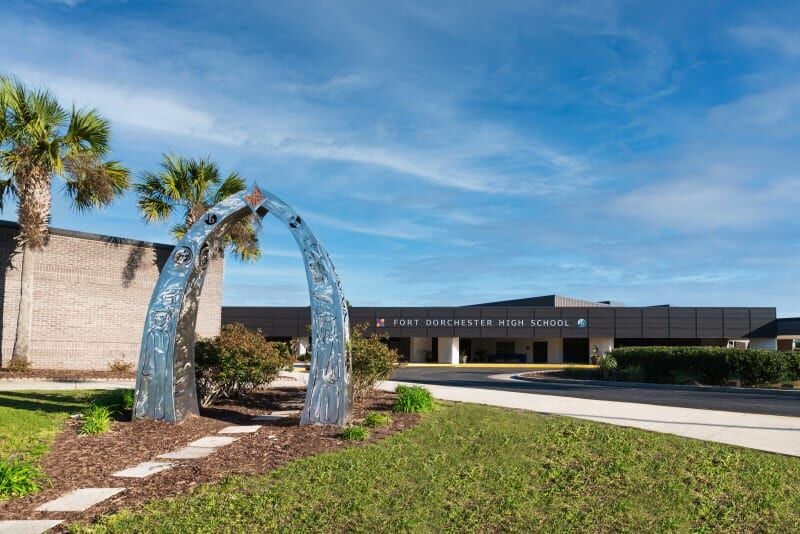A 16-year-old student at Fort Dorchester High School in North Charleston, South Carolina, had a gun drawn on him last week after police mistakenly believed his handheld Nintendo Switch gaming console was a firearm.
The incident has sparked outrage among parents and advocates, raising questions about how schools and law enforcement handle perceived threats involving students with disabilities.
According to the North Charleston Police Department, the situation unfolded on the morning of Thursday, November 6, after students reported hearing a classmate say he was “going to shoot up the school” while making hand gestures that resembled holding a gun and referencing a “switch.”
The school resource officer responded immediately, locating the student in question. When questioned, the teen allegedly stated he had a “gun” and again referenced a “switch.”
In law enforcement terms, a switch refers to a device that converts a firearm from semi-automatic to fully automatic, but in this case, the student was referring to his Nintendo Switch.
“Following established safety protocols, the officer drew his weapon and issued verbal commands,” the department said in a statement. “The student complied, and the situation was resolved without injury.”
However, the family’s attorney, Jerod Frazier, says the student, who has autism, was misunderstood. “He was talking about his game, not a gun,” Frazier explained. “He never posed a threat to anyone. What happened was a failure to pause, to ask, and to understand who they were dealing with.”
When officers searched the teen and his backpack, they found no firearm or weapon of any kind, only the Nintendo Switch. The department later acknowledged that the student has “certain mental health challenges.”
In a follow-up statement, the North Charleston Police Department emphasized that officers are trained in crisis intervention and de-escalation techniques, and that all potential threats on school grounds are treated “with the highest degree of seriousness.”
Still, the student’s family says the encounter has left lasting trauma. “He’s afraid to go back to school,” said Frazier. “This was supposed to be a place where he felt safe, but now he’s terrified that just being misunderstood could put his life in danger.”
The family has requested access to body-camera footage and cafeteria surveillance video from the incident to understand exactly how the situation unfolded.
As the investigation continues, community members are calling for better training and communication protocols, particularly when interacting with neurodiverse students.




